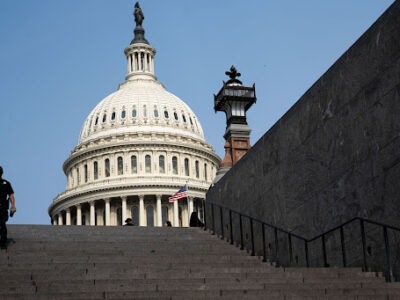
(Ecofin Agency) – While renewable energy has become the top choice for unlisted investments, more work is needed to remove financial and structural barriers. Analysts say strengthening regulations, encouraging public-private partnerships, and building local skills are key steps to support growth in this sector.
In 2023, renewable energy attracted 37% of unlisted investments in Africa, marking a significant shift. This sector now outpaces financial services, which have long been the dominant choice, according to the latest report from the European Investment Bank (EIB) released on November 7. This change highlights a major turning point, with capital moving away from fossil fuels, which now make up just 4% of investments, in favor of more sustainable solutions. Investors are increasingly drawn to green assets, which are seen as vital for resilience in Africa, a continent facing growing climate challenges.
This trend aligns with the global search for sustainable and cost-effective alternatives. As African countries remain particularly vulnerable to the effects of climate change, developing green infrastructure is viewed not only as an ecological necessity but also as a strategic economic opportunity. The perspectives of African banks reflect this shift: 67% of those surveyed see the climate transition as an opportunity, and 79% have set specific climate-related goals. While this positioning points to a growing commitment to renewable energy, there are still challenges to overcome.
Many financial institutions have yet to fully integrate climate risk into their operations, especially in sectors like agriculture, which remain underfunded by banks. As a result, Africa is still far from achieving its ecological goals. Current climate financing covers only 12% of the continent’s annual needs, leaving a large gap for the development of the necessary green infrastructure. Furthermore, the transition is still mainly reliant on public (90%) and international (99%) funds, with the private sector lagging behind.
Across the continent, unlisted investments overall fell by 24% from 2022 to 2023, dropping from $6.5 billion to $5 billion. Financial services, which led with 37% of investments in 2022, followed the same downward trend, dropping to just 10% in 2023. Other sectors—consumer goods, industry, and information technology—maintained relatively stable investment shares, ranging from 10% to 13%, while the food industry saw its share triple, from 1% to 8%.
Investment Flows Concentrated in South Africa and Kenya
South Africa leads unlisted investment flows, attracting nearly 47% of the capital in 2023. Kenya and Côte d’Ivoire follow, with 11% and 7%, respectively, driven by their growing momentum in the green infrastructure sector. Nigeria, once a top destination for investments, saw its share drop to 6%, reflecting a decline in interest in the fintech sector, which became less of a priority last year.
Lower Costs Through Competitive Tenders
The appeal of renewable energy in Africa is also due to competitive bidding processes, which have helped lower production costs in some countries. In Zambia and Senegal, solar projects have achieved some of the world’s lowest rates, making green energy more affordable for local populations. For governments, these projects offer a way to meet energy needs, reduce reliance on imported fuels, and stabilize public finances.











Comments